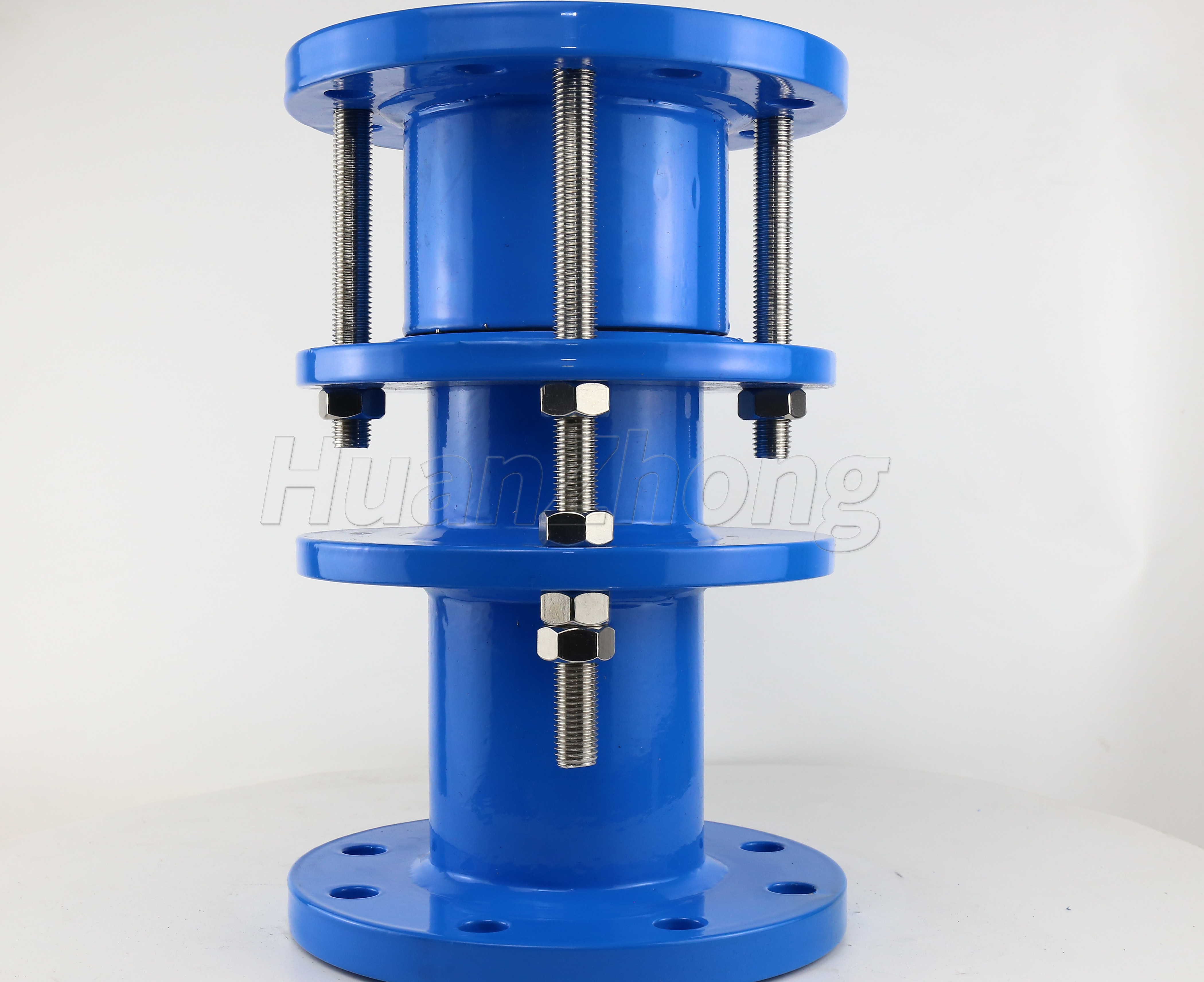Ability of steel expansion joint DN800 to withstand internal pressure.
Ability of steel expansion joint DN800 to withstand internal pressure. The ability of a steel expansion joint DN800 to withstand internal pressure is a crucial factor in its design and application. Expansion joints are essential components in piping systems, facilitating movement and absorbing thermal expansion or contraction.
Steel expansion joints are suitable for various applications, including industries such as oil and gas, chemical, power generation, and manufacturing. The DN800 size refers to the nominal diameter of the joint, which is essential in determining its performance characteristics.
When it comes to internal pressure, steel expansion joints are designed to withstand a specific range of pressures. This range can vary depending on factors such as material selection, design standards, and operating conditions. The DN800 size indicates a larger joint, which generally implies a higher pressure capacity.
The ability of a steel expansion joint DN800 to withstand internal pressure is primarily determined by its construction and material properties. These joints consist of a bellows, which is the flexible element, and end fittings or flanges that connect the joint to the piping system.
The bellows is typically made of stainless steel due to its superior corrosion resistance and mechanical properties. Stainless steel grades such as 304, 316, or 321 are commonly used. The specific material selection depends on the process fluid, temperature, and other environmental factors.
The pressure capacity of the expansion joint is influenced by the thickness and quality of the bellows material. Thicker bellows can withstand higher pressure loads and provide better resistance against fatigue. The bellows also undergoes various forming processes, such as hydroforming or mechanical forming, to ensure its structural integrity.
The end fittings or flanges are usually made of carbon steel or stainless steel, matching the material of the adjoining piping system. These fittings provide a strong and leak-proof connection to ensure the integrity of the joint under pressure.
To determine the ability of a steel expansion joint DN800 to withstand internal pressure, manufacturers follow industry standards such as the Expansion Joint Manufacturers Association (EJMA) guidelines. These guidelines provide formulas and calculations based on factors like bellows geometry, material properties, and design conditions to evaluate the pressure capacity.
During the design process, engineers consider factors such as maximum allowable working pressure (MAWP), fatigue life, safety factors, and regulatory requirements. They perform stress analysis and simulation to ensure that the expansion joint can withstand the expected internal pressure without failure.
Regular inspection, maintenance, and pressure testing are essential to monitor the performance and integrity of steel expansion joints. These preventive measures help identify any signs of wear, fatigue, or leakage that could compromise the joint's ability to withstand internal pressure.
In conclusion, the ability of a steel expansion joint DN800 to withstand internal pressure is crucial for its effective operation in piping systems. Proper design, material selection, and adherence to industry standards ensure that the joint can handle the specified pressure range safely and reliably. Regular inspection and maintenance are necessary to ensure continued performance and avoid any potential failures.
